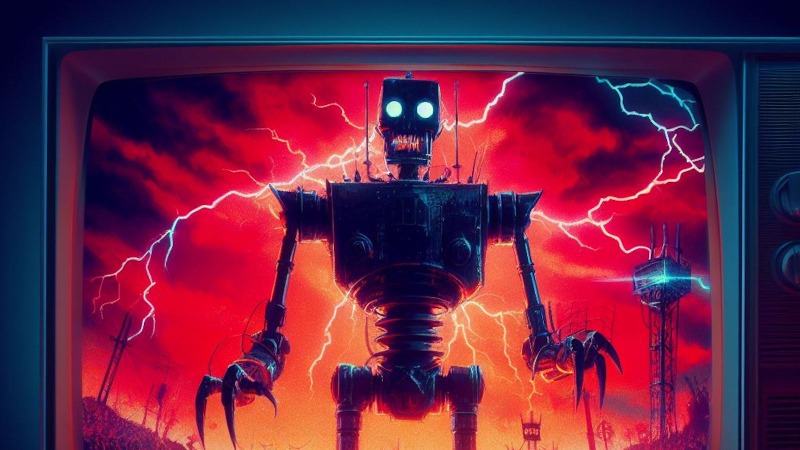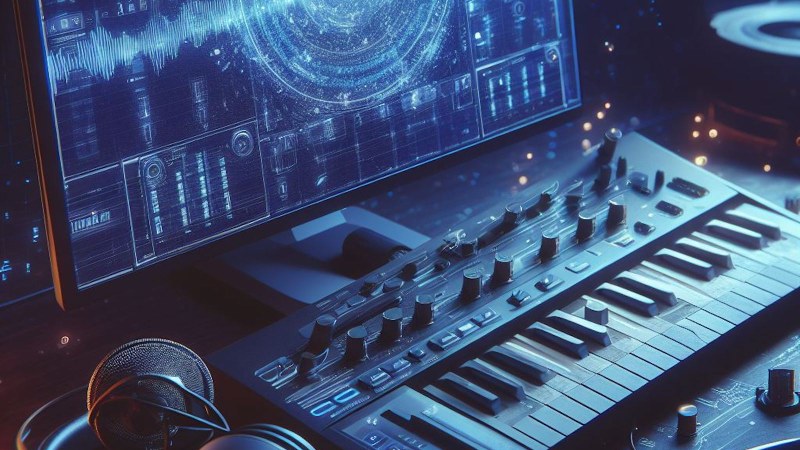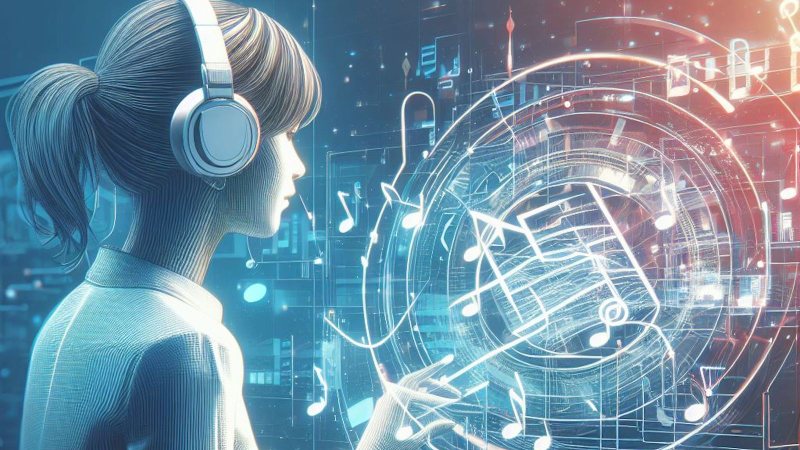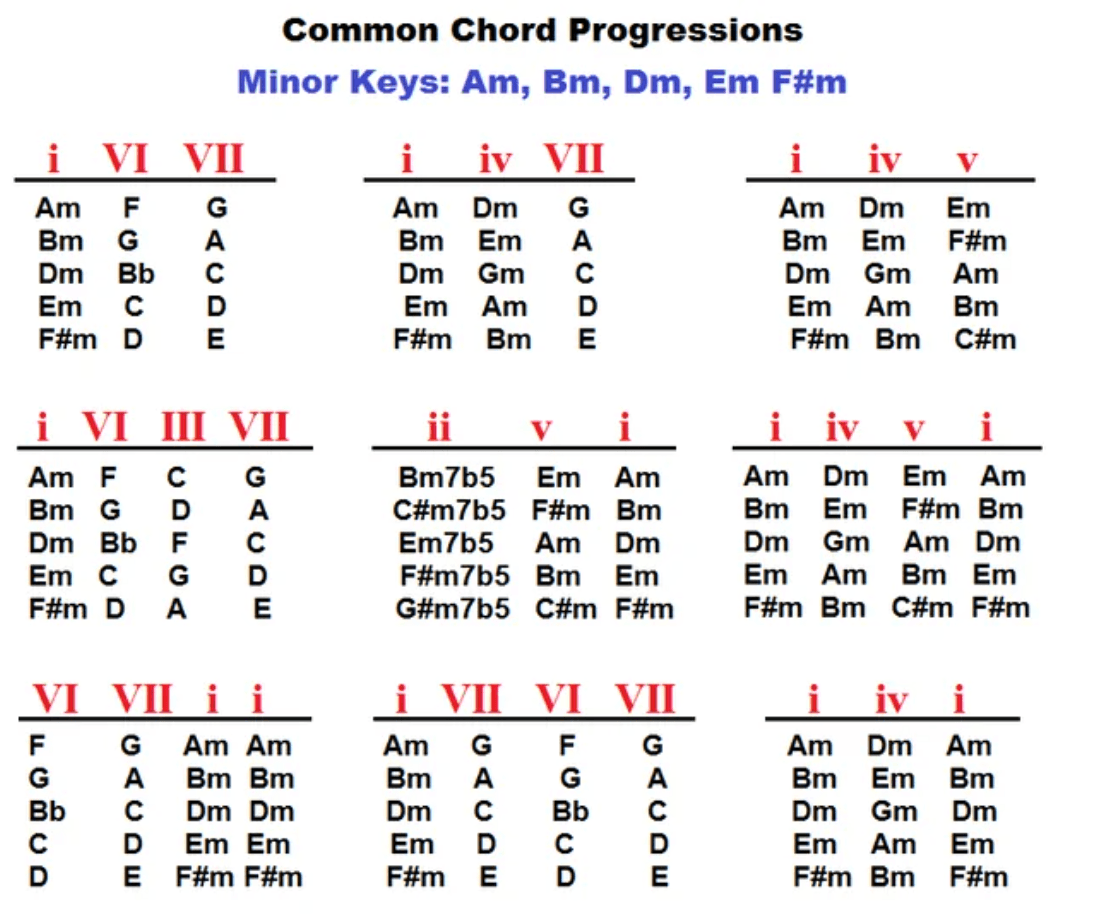Are you wary of the rise of AI music tools?
Let's unravel the myths and explore how these innovations are enriching, not encroaching, the musical realm.

The Evolution of AI in Music: A Harmonious History
The Early Stages: Algorithmic Beginnings
The journey of AI in music began with foundational algorithmic experiments. In these nascent stages, AI was primarily used to explore basic musical structures and patterns.
This period marked the first steps in understanding how technology could aid in music composition, setting the stage for more complex developments.
Advancements in Technology: Building Sophisticated Tools
As technology advanced, so did the capabilities of AI in music.
The transition from simple algorithms to more sophisticated systems enabled AI to analyze vast music databases, leading to the creation of more intricate and nuanced musical pieces.
This evolution was critical in demonstrating AI's potential beyond basic experimentation.
Integration into Modern Audio Production
Today, AI has become a cornerstone in modern audio production.
These sophisticated tools, once a futuristic dream, are now integral in various aspects of music creation, from composing melodies to enhancing sound quality.
AI's role has expanded, offering solutions that are both innovative and practical, catering to the needs of contemporary musicians and producers.
The evolution of AI in music reflects a harmonious blend of technology and artistry.
From its algorithmic roots to its current status as an essential tool in audio production, AI has not only transformed how music is made but also expanded the creative horizons for artists worldwide.
AI's Rising Popularity: Transforming the Music Landscape
Meeting Diverse Client Needs with AI
The increasing popularity of AI in the music industry is a direct response to evolving client needs.
Platforms like YouTube have created a demand for affordable, quality background music, which AI tools adeptly provide.
This shift has opened up new avenues for content creators who seek professional-grade audio without the hefty price tag.
AI in Music Education: A New Teaching Tool
In the realm of music education, AI has emerged as a valuable instructional aid.
By offering interactive learning experiences and personalized feedback, AI tools are revolutionizing how music is taught and learned, making education more accessible and effective.
Empress: Pioneering AI Accessibility in Music Creation
Empress stands at the forefront of this transformation, democratizing music creation with its suite of AI music tools.
Catering to both professional musicians and novices, Empress’s tools simplify the music-making process, allowing users to focus on their creative expression while leveraging AI for technical assistance.
AI's growing popularity in the music industry signifies a broader trend towards inclusive and accessible music production.
With tools like Empress, the power of music creation is being placed into the hands of more people than ever before, reshaping the music landscape into one that is more diverse, dynamic, and democratic.
Also: Read more about the 10 Best AI Tools for Music Production in 2023
Addressing Common Fears: Separating Fact from Fiction
The integration of AI in music has sparked various concerns, some based on misconceptions. Let’s address these fears with facts.
Fear 1: AI Will Replace Human Musicians
Misconception: A common apprehension exists that AI might replace the jobs of artists, musicians, producers, and songwriters, leading to significant unemployment in the music sector.
Fact: AI, as it currently stands, is a supplementary tool designed to enhance, not replace, the music creation process.
It aids in tasks like generating ideas, providing musical suggestions, and streamlining some of the technical aspects of production. However, the core of music - its emotion, creativity, and expression - still heavily relies on human input.
AI's role is to collaborate with and assist musicians, not to supplant them. Its utility lies in augmenting the creative process, allowing artists to explore new musical landscapes while retaining their unique artistic voice and control over the final product.
Fear 2: Loss of Creative Control
Misconception: A common concern among artists is that AI might usurp their creative control, dictating the artistic process and outcomes in music production.
Fact: AI, in reality, functions more like an advanced tool that facilitates creativity rather than commandeering it.
While it can generate musical ideas and suggest patterns based on the input it receives, AI lacks the innate creativity and emotional depth that human artists possess.
It is essentially a sophisticated algorithm that can assist in the creative process, but the ultimate control over the creative direction and the final output of a musical piece remains firmly in the hands of the human artist.
AI’s role is to provide a canvas of possibilities, which artists can then shape, modify, and personalize according to their artistic vision and emotional expression.
This collaborative nature of AI in music ensures that artists retain their creative autonomy, using AI as a tool to enhance their work rather than overshadowing or replacing their creative essence.

Fear 3: Simplification of Music Creation
Misconception: A prevalent belief is that AI can effortlessly and instantly create high-quality music with just simple prompts or inputs.
Fact: The reality of using AI in music creation is more nuanced and complex. While AI has the capability to generate various musical components, this process is far from being a simple 'one-click' solution.
The music that AI generates often requires extensive human intervention, including significant tweaking, refining, and editing to meet professional standards. In fact, it has been estimated that less than 10% of AI-generated music is immediately usable in its original form.
This highlights the crucial role of human intervention in ensuring the quality and uniqueness of the final musical product.
AI tools provide a starting point or a framework, but the finesse, refinement, and final touches that define a quality piece of music still heavily rely on the skill, experience, and creativity of human musicians and producers.
Fear 4: AI-Generated Tracks Dominating the Industry
Misconception: There is a concern that AI-generated tracks, particularly those emulating well-known artists, might soon overrun popular streaming platforms, overshadowing human-made music.
Fact: In reality, the quality of AI-generated tracks often falls short of the professional standards upheld in the music industry. Most streaming platforms have standards that AI-generated music cannot currently meet, leading to their rejection of purely AI-produced tracks.
Furthermore, the current state of technology does not support the high-quality production of AI music at a scale that would threaten the prevalence of human-created music.
This means that while AI-generated tracks can be intriguing, they are not yet at a level to compete with or dominate over music produced by human artists in terms of quality, emotional depth, and artistic nuance.
Fear 5: AI-Generated Music Overlooking Human Elements
Misconception: There's a prevalent belief that music created by AI falls short in capturing the essential human qualities that imbue music with emotional depth and cultural relevance.
Fact: Music, at its core, is an expression of human experiences, emotions, and stories.
While AI has the technical capability to produce music, it inherently lacks the ability to embed the nuanced emotional depth and cultural context that come from human composers.
AI-generated compositions, therefore, may lack the subtlety and emotional richness that are often intrinsic to music crafted by human artists.
This distinction highlights the irreplaceable value of human touch in music, underscoring that AI, in its current form, serves more as a tool to aid in the creative process rather than a substitute for the genuine human connection that music often represents.
Fear 6: AI Diminishing the Value of Human Creativity
Misconception: A significant concern is that the incorporation of AI in music might lead to a devaluation of human creativity and originality within the industry, making the artist's role less significant.
Fact: Contrary to these concerns, AI's main function in music is to make the creation process more accessible, allowing a wider array of people to participate in music production, irrespective of their technical expertise or background.
This accessibility doesn't undermine human creativity. Instead, AI tools are crafted to augment and amplify human artistic skills, serving as an enhancement rather than a replacement.
The unique creative flair, emotional insight, and personal experiences that human artists bring to their music remain irreplaceable and paramount in the industry.
AI serves as a bridge to facilitate and expand creative expression, rather than a tool that reduces the significance of human creativity in music.
Beyond AI: Exploring Future Music Industry Trends
The music industry is constantly evolving, with AI being just one of many transformative trends. Here are some key developments shaping its future:
1. Immersive Audio Experiences
The trend towards immersive audio experiences is revolutionizing how we interact with music.
Advances in audio production technology are enabling more complex and enveloping soundscapes, offering listeners a deeper and more engaging auditory experience.
This trend is not just about enhancing sound quality but creating a multi-dimensional listening experience that can transport the audience.
2. Virtual Reality in Live Performances
Another burgeoning trend is the integration of virtual reality (VR) into live music performances.
VR allows artists to create unique, interactive concert experiences, breaking the constraints of physical venues.
This technology offers fans the opportunity to experience live shows in innovative ways, from anywhere in the world, adding a new dimension to musical performances.

3. Personalized Music Experiences
With advancements in AI and data analytics, personalized music experiences are becoming more prevalent.
Streaming services can now tailor playlists to individual tastes, and AI algorithms are being used to recommend new music based on listening habits, enhancing the user experience in discovering and enjoying music.
4. Sustainable and Ethical Practices in Music Production
Sustainability and ethical practices are gaining attention in the music industry.
From eco-friendly tour practices to fair compensation models for artists, the industry is increasingly focusing on ethical and sustainable approaches.
This trend reflects a growing awareness of environmental and social responsibilities in the world of music.
Step into the Future with Empress
Don't let misconceptions hold you back. Empress's AI music tools are here to elevate your audio journey. Whether you're crafting melodies or seeking inspiration, Empress is your partner in bringing your musical vision to life. Dive into the world of AI-assisted music with Empress – where innovation meets creativity.
FAQs: Quick Insights into AI and Music
Q1: How does AI aid songwriting?
AI assists by providing suggestions for chords and melodies, enhancing the songwriter's creative process.
Q2: Can AI create original music?
Yes, AI can generate unique compositions, offering new musical possibilities.
Q3: Will AI dominate the music industry?
AI serves as a valuable tool that complements human creativity, enhancing the music-making process rather than replacing it.
Q4: What's the impact of AI on music education?
AI offers innovative teaching tools, making music education more accessible and interactive.
Q5: How does AI affect music production costs?
AI can reduce production costs, making music creation more affordable for artists at all levels.
Follow the future of music with Empress. Check out our blog to learn how you can effectively use these AI music tools.


